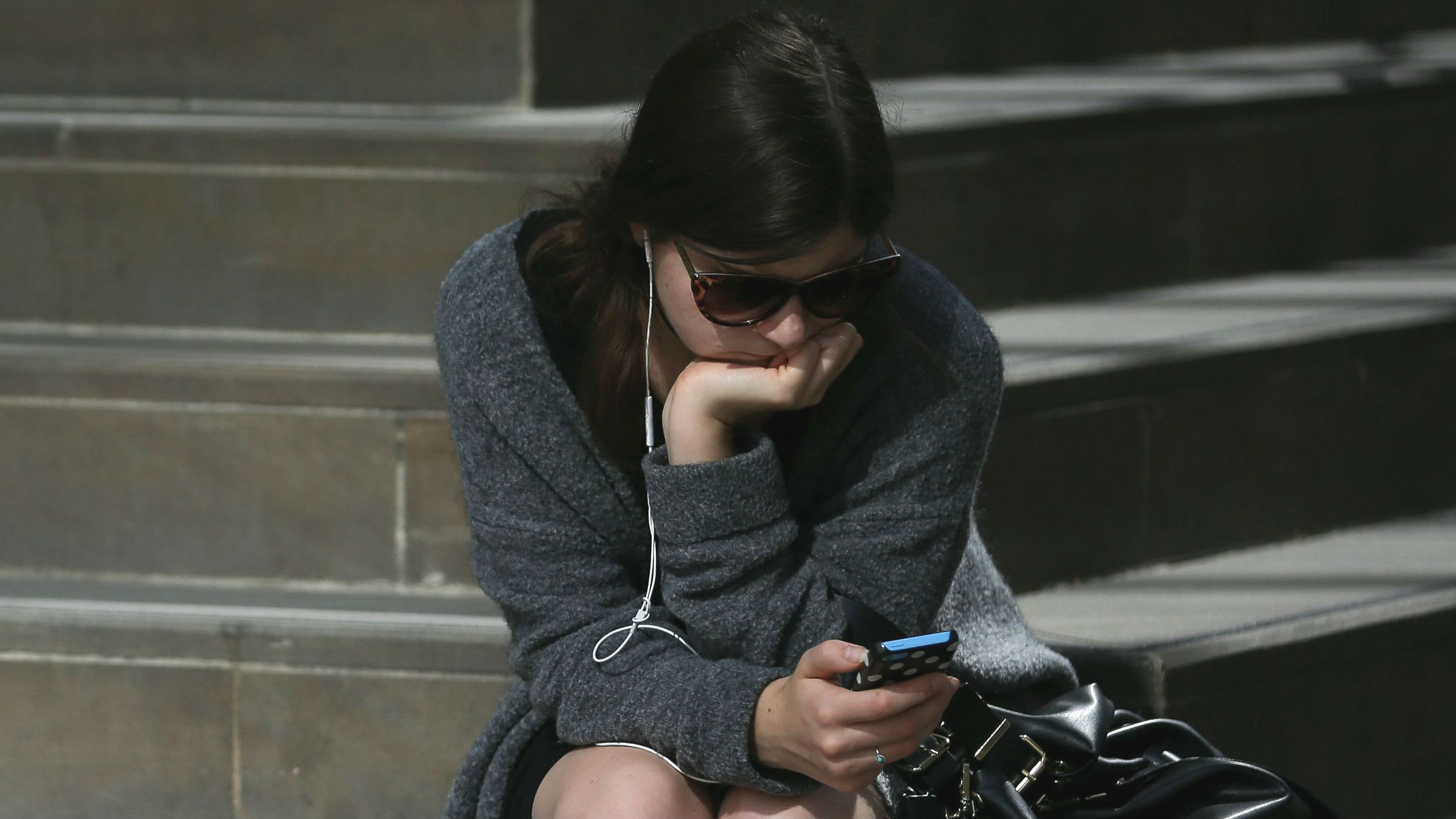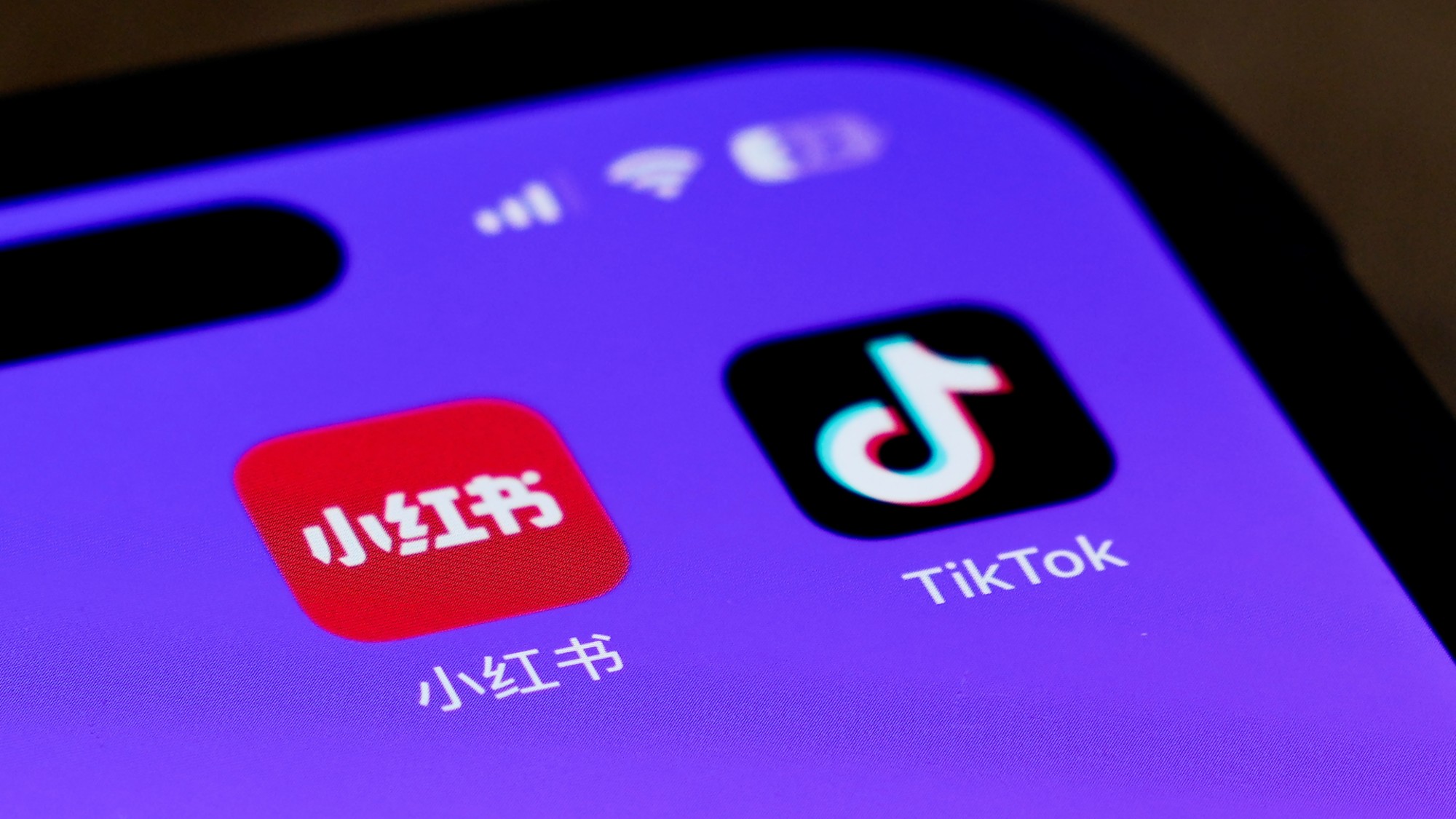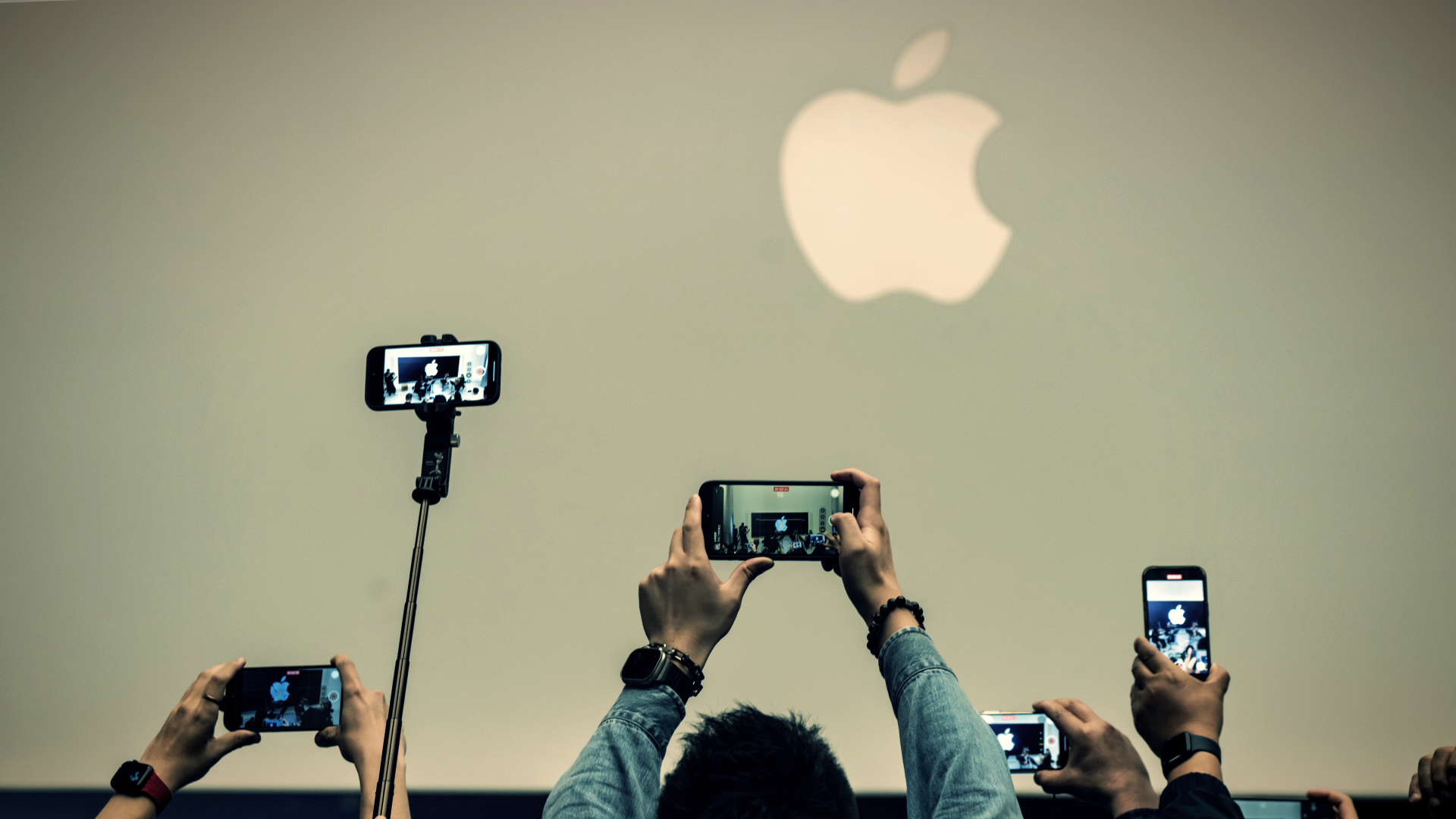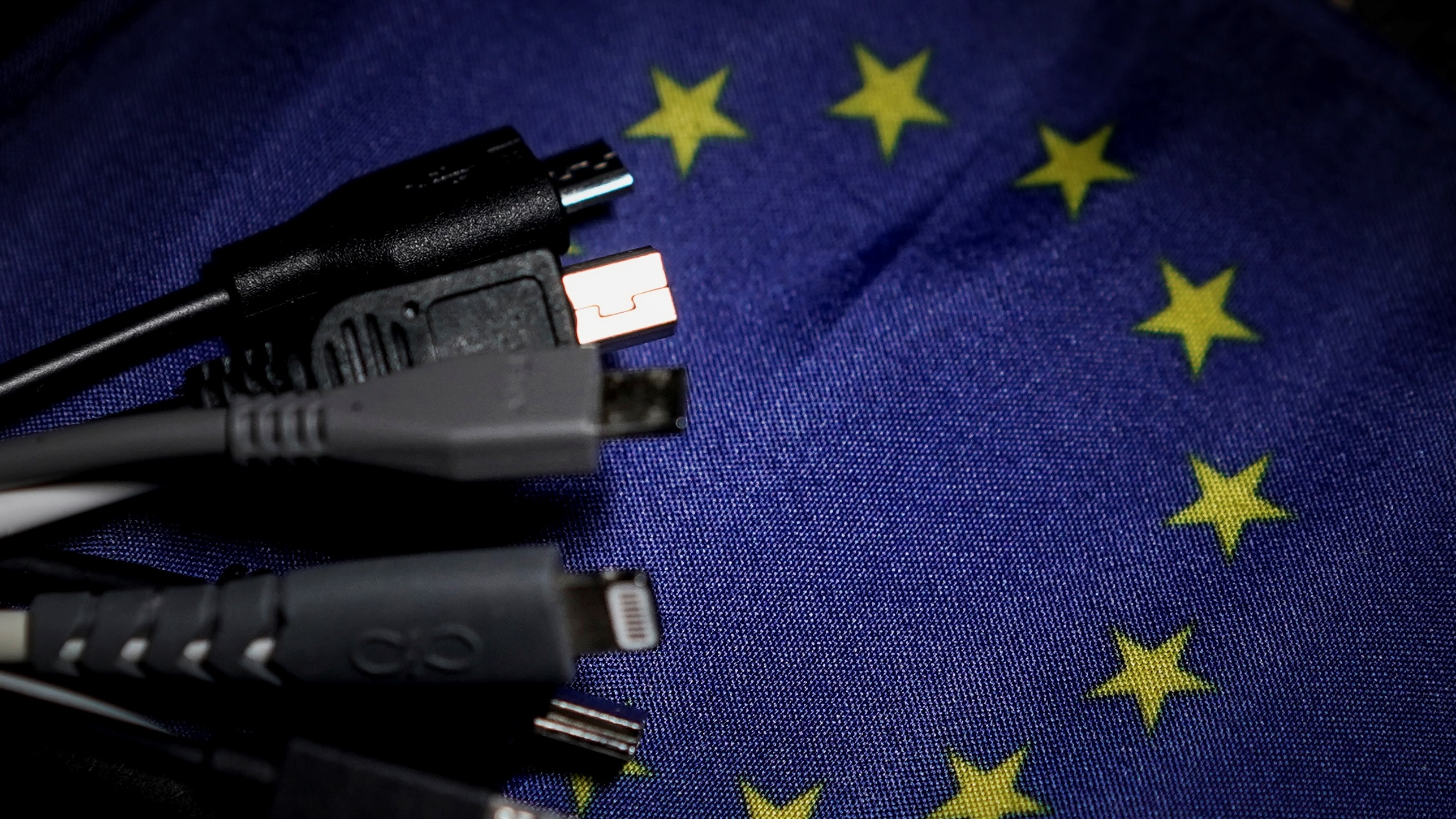Do smartphones make headaches worse?
New study finds that users who get regular migraines take more painkillers but experience less relief

A free daily email with the biggest news stories of the day – and the best features from TheWeek.com
You are now subscribed
Your newsletter sign-up was successful
People who are hit by regular headaches or migraines may suffer even more if they use smartphones, a new study suggests.
Researchers quizzed 400 people in India with a primary headache condition - that is, migraines, tension headaches and other types not caused by another illness - about their smartphone use, headache history and medication use.
They found that smartphone users were more likely to use more pain medication but got less relief compared with those who didn’t use smartphones. Only 84% of smartphone users said they felt moderate or complete relief after taking painkillers, compared with 94% of non-users.
The Week
Escape your echo chamber. Get the facts behind the news, plus analysis from multiple perspectives.

Sign up for The Week's Free Newsletters
From our morning news briefing to a weekly Good News Newsletter, get the best of The Week delivered directly to your inbox.
From our morning news briefing to a weekly Good News Newsletter, get the best of The Week delivered directly to your inbox.
However, the report - published in the journal Neurology: Clinical Practice - stopped short of definitively stating that smartphones cause headaches.
“The associations found in the study do prompt the possibility that smartphone use may be a potential trigger for headache worsening, and there might be unexplored mechanisms which future studies may unravel,” said study author Dr. Deepti Vibha, a professor at the All India Institute of Medical Sciences in New Delhi.
–––––––––––––––––––––––––––––––For a round-up of the most important stories from around the world - and a concise, refreshing and balanced take on the week’s news agenda - try The Week magazine. Get your first six issues for £6–––––––––––––––––––––––––––––––
As CNN notes, there are several theories about why smartphones may make headaches worse.
A free daily email with the biggest news stories of the day – and the best features from TheWeek.com
One is that bending the neck to scroll through a phone causes strain on the body that can lead to headaches. This posture, dubbed “text neck”, has been found to result in strain on the spine that can feel like the equivalent of up to 30lb (13.6kg), according to a 2018 study by researchers at Brigham and Women's Hospital in Massachusetts.
Other theories include eye strain caused by excessive use of the phone; users holding their device too close to their face; or simply the stress caused by being connected at all times.
Neurologist Dr Heidi Moawad, of the Case Western Reserve University in Ohio, says that features such as hands-free settings, voice activation and audio functions “could potentially hold the key to helping smartphone users benefit from their phones without exacerbating their headaches”.
More than 45 million people use smartphones in the UK alone, “with each typically spending more than two hours looking at their screens every day”, says the Daily Mail.
-
 Local elections 2026: where are they and who is expected to win?
Local elections 2026: where are they and who is expected to win?The Explainer Labour is braced for heavy losses and U-turn on postponing some council elections hasn’t helped the party’s prospects
-
 6 of the world’s most accessible destinations
6 of the world’s most accessible destinationsThe Week Recommends Experience all of Berlin, Singapore and Sydney
-
 How the FCC’s ‘equal time’ rule works
How the FCC’s ‘equal time’ rule worksIn the Spotlight The law is at the heart of the Colbert-CBS conflict
-
 Will AI kill the smartphone?
Will AI kill the smartphone?In The Spotlight OpenAI and Meta want to unseat the ‘Lennon and McCartney’ of the gadget era
-
 TikTok alternatives surge in popularity as app ban looms
TikTok alternatives surge in popularity as app ban loomsThe Explainer TikTok might be prohibited from app stores in the United States
-
 Justice Department bites Apple with iPhone suit
Justice Department bites Apple with iPhone suitSpeed Read The lawsuit alleges that the tech company monopolized the smartphone industry
-
 Phubbing: a marriage-wrecking habit?
Phubbing: a marriage-wrecking habit?Talking Point New study says couples are avoiding talking to each other by looking at their phones - but was it ever thus?
-
 The arguments for and against universal chargers
The arguments for and against universal chargersPros and Cons European Commission pushing to establish USB-C as standard for all phones
-
 How cybercriminals are hacking into the heart of the US economy
How cybercriminals are hacking into the heart of the US economySpeed Read Ransomware attacks have become a global epidemic, with more than $18.6bn paid in ransoms in 2020
-
 Language-learning apps speak the right lingo for UK subscribers
Language-learning apps speak the right lingo for UK subscribersSpeed Read Locked-down Brits turn to online lessons as a new hobby and way to upskill
-
 Brexit-hobbled Britain ‘still tech powerhouse of Europe’
Brexit-hobbled Britain ‘still tech powerhouse of Europe’Speed Read New research shows that UK start-ups have won more funding than France and Germany combined over past year